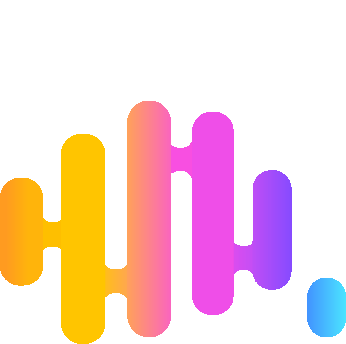Alzheimer’s Disease is the most common cause of dementia. While Alzheimer’s is a specific disease; dementia is not.
In 2021, we celebrate the 10th year of World Alzheimer’s Month, with the objective of creating awareness for this debilitating disease, and September 21 being World Alzheimer’s Day, we want to highlight the differences between Alzheimer’s and Dementia. Learning about the differences between them is important and can empower individuals, living with Alzheimer’s or another dementia, their families and their caregivers with necessary knowledge to understand and cope with sufferers of this disease.
Alzheimer’s is a specific brain disease that accounts for 60-80% of dementia cases. Dementia is a general term for symptoms mentioned above.
Though the greatest known risk factor for Alzheimer’s is increasing age, the disease is not a normal part of aging. And though most people with Alzheimer’s are 65 and older, approximately 200,000 Americans under 65 are living with younger-onset Alzheimer’s disease.
How does one recognize family members or friends dealing with dementia? Dementia warning signs include:
• memory loss
• difficulty performing familiar tasks
• problems with language
• disorientation
• poor or diminished judgment
• misplacing things
• mood or behavior change
• trouble with images and spatial relationships
• social withdrawal at work or with peers/family
Coping tips
How does one cope? This year’s theme for World Alzheimer’s Month is “Know Dementia, Know Alzheimer’s,” so it is key to be able to not just identify symptoms, but also to help manage and cope. Here are 9 ways:
- Medicines may slow down dementia, but they don’t cure it. They may help improve mental function, mood, or behavior. Being under the care of a physician is very important, as medical interventions may be necessary to manage the condition.
- Monitor personal comfort and a calm environment. Room temperature should be monitored and ensure it is comfortable. Check for pain, hunger, thirst, constipation, full bladder, fatigue, infections and other unusual physical occurrences. Avoid noise, glare, and other distractions.
- Avoid arguments or confrontations. Since the patient may have lost sense of time, be understanding. If he expresses a wish to visit a parent who died years ago, don’t insist that the parent has died, which may agitate the patient. Say something like, “your mother sounds like a wonderful person; it would be nice to see her too.”
- Be flexible and supportive. Respond and support the emotion, not to the behavior; remain patient and supportive.
- Allow adequate rest between stimulating events. It will help calm the patient.
- Acknowledge requests, and respond to them. It assures the patient that he is not ignored
- Behaviors have triggers; help identify them. Consult a physician to identify any causes related to medications or illness. Write down episodes that may further help doctors and therapists
- Support and counseling. Share experiences and learn from others. A diagnosis of dementia can create feelings of anger, fear, and anxiety. A person in the early stage of the illness should seek emotional support from family, friends, and perhaps a counselor experienced in working with people who have dementia. Anyone caring for a dementia patient should ensure mental health stability as well.
- Explore various solutions. Brain training solutions are available to address these issues. Studies have shown that regular EEG brain training, which is similar to physical exercise, results in brain fitness. Because of the ability of our brain to be trained, through neuroplasticity, the constant training of the brain will help achieve strengthened mental well-being.
Neeuro Memorie
Memorie is a collection of mobile games developed by neuroscientists and psychologists to provide the most relevant training methods for cognitive development. This helps train the different cognitive functions of our brains. These fun and engaging mental exercises seek to enhance cognitive skills in attention, memory, decision-making, spatial awareness, and cognitive flexibility. This solution enables us to think faster, learn smarter, and remember better.
Paired with the Neeuro SenzeBand, the Memorie app is a collection of 15 engaging games that ensures an accurate way to track brain fitness in addition to Game scores, a ‘Brain’ score, a metric that measures your brain activity while training, will also be provided at the end of each game level.
Regular and monitored training of these cognitive skills will help in your mental fitness. Mental fitness is empowering, as we set ourselves, or our loved ones, on the road to a stronger and healthier brain.
Learn more about EEG brain training solutions to help manage dementia and other cognitive issues.




0 Comments